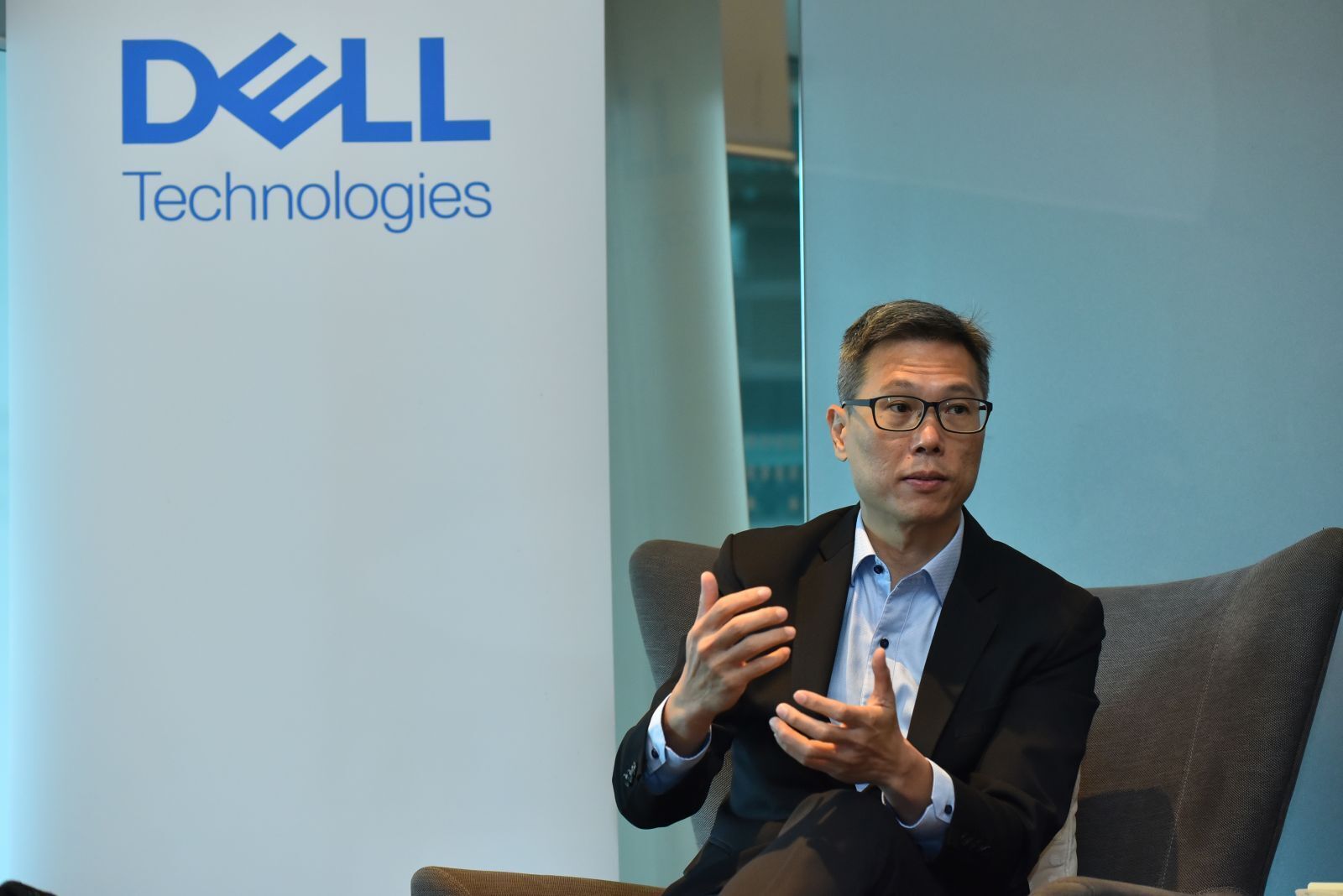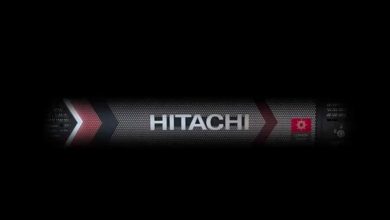
Dell Technologies recently held a media briefing titled “Dell Technologies: Unlock Software-Driven Storage Innovation,” during which they shared their software and hardware enhancements across their extensive infrastructure portfolio in order to provide an experience with greater automation, security, and control.
At the event, DSA was able to speak with Mak Chin Wah, Country Manager for Malaysia and General Manager of Dell Technologies’ Telecom Systems Business, South Asia, to get his thoughts on the storage announcements and why they are important for the ASEAN market.

He claims that the announcements deal with issues that we are all currently confronting, such as digitisation and data sprawl. Data management is more challenging than ever. Clusters of filing cabinets, servers, corporate intranets, and emails house various documents and information.
The Issues of Digitisation and Data Sprawl
Moreover, data is growing at an exponential rate. These days, regardless of the application we use, it’s likely that the data we just created will be stored in the cloud. The questions that come to mind are, what percentage of that data will the cloud be able to handle, and is it still the most cost-effective method for enterprises to consider?
According to Chin Wah, it would depend on the organisation’s specific needs because every application and requirement are all different. Although the cloud does provide a seemingly limitless range of alternatives for both small and large corporate firms, it is not for all businesses, all the time. Nevertheless, flexibility, affordability, scalability, and reliability are all advantages of choosing cloud choices over the antiquated in-house IT model.
Therefore, the choice of whether cloud computing is right for your company is up to each individual firm. However, given the current state of affairs, everyone is currently on the cloud journey, particularly with regard to the multi-cloud/hybrid cloud environment.
“We believe it will still be a multi-cloud/hybrid cloud environment [that will solve customer’s issues], and that the storage will need to be ready for that multi-cloud environment. Therefore, we also believe that making block, file, and object available and working with the public cloud will be one of the important things,” he continued.

That’s where Project Alpine comes in. Project Alpine is designed to bring operational consistency across environments and deliver its flagship file, block, and object storage software to all the major hyperscalers, including AWS, Microsoft Azure, and Google Cloud.
With Project Alpine, Dell’s top-notch storage software and cutting-edge public cloud services are merged to give the best of both worlds, easing multi-cloud complexity by giving a consistent user experience wherever your data is located.
“Customers now essentially have an option between using applications on the public cloud and wanting to access the data on-prem. If they choose to use certain services that require access to the data, they will be able to do so now,” Chin Wah explained.
Furthermore, managing data requires an organised strategy to curb the sprawl. Numerous techniques and technologies are available to help you accomplish this. As a result, in addition to Project Alpine, Dell Technologies also unveiled a number of storage technologies at the event to help customers overcome the difficulties we discussed in this article.
How Dell’s Enhancements Stack up Against Competitors
Chin Wah asserts that Dell Technologies’ scale of investment sets them apart from other market rivals. He continued, “If you look at the amount we spend on research and development and software, we spend USD $7.6 billion, which might be a revenue for some of the other companies.”
A lot of money is invested in ensuring that they remain competitive. Along with the number of patents they have, he also stated the headcount they hire, which includes software engineers making up 85% of the engineering staff.
All of this, in Chin Wah’s opinion, will help the company in developing solutions that will aid in satisfying the demands of the modern world. Their ability to help companies scale up a supply chain is another competitive advantage, particularly for Malaysia.
“Having a large-scale supply chain in Malaysia is really advantageous for Malaysian customers, whether it be for building or delivering. The fact that we have the ability to invest locally in Malaysia is something of which we are also really proud as members of Malaysia,” he said.
As a global leader in enterprise data storage solutions, a lot of customers put their trust in Dell Technologies. They have established their roadmap in an effort to win over the customer as a long-term partner and show that they have a strategy for working with them to accelerate their multi-cloud journey.
This is crucial, in Chin Wah’s opinion, because Dell Technologies does not want to be associated with simply “having the best.” They seek constant improvement, and the announcement demonstrates just that. Additionally, Dell Technologies wants to guarantee that the storage advancements they introduced will keep getting better in terms of functionality, performance, and speed.




